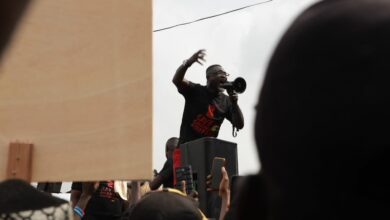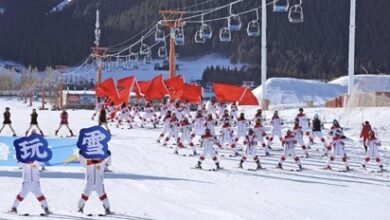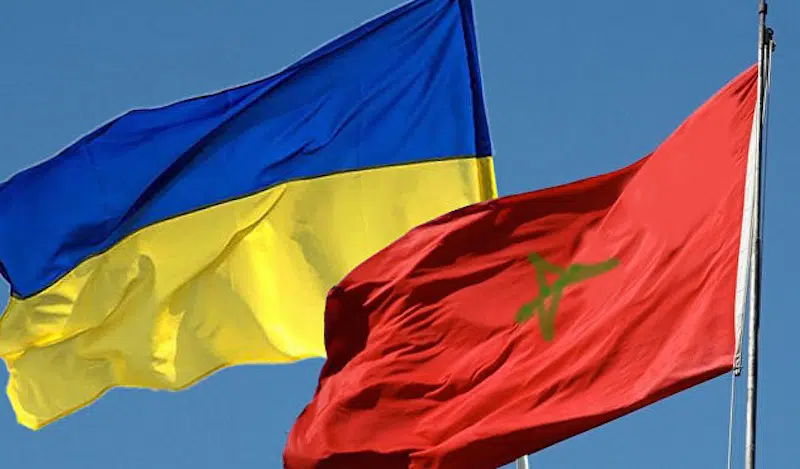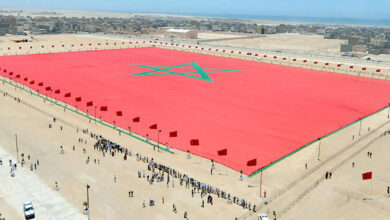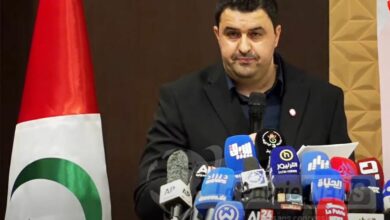Mawazine 2025 Kicks Off in Chaos: Moroccan Media Sidelined Amid Troubling Disorganization
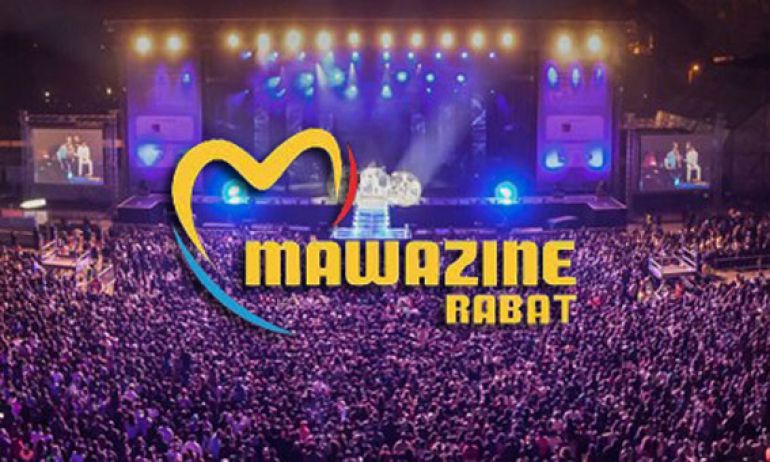
Analysis / ALDAR
Behind the glamour and public appeal of the “Mawazine – Rhythms of the World” festival, the 2025 edition has already exposed serious organizational shortcomings — particularly in the media and communications sector. For many Moroccan journalists, the backstage reality of this year’s launch was frustrating, marked by a lack of coordination and troubling questions about how the festival manages its press relations.
From the early hours of opening day, scenes of confusion unfolded at the press center. Moroccan journalists and photographers — including members of long-established national outlets — were left standing in disorganized lines for hours just to obtain their accreditation badges. There was no clear guidance, no proper assistance. Some were even shocked to find their names missing from the list altogether, despite having received prior confirmation from the festival organizers. The scene resembled that of an amateur gathering, far from what one would expect from an international event with over two decades of experience.
Even more frustrating was the stark contrast in treatment between local and foreign media. Journalists arriving from Europe and Asia were met with seamless service — direct assistance, quick badge delivery, dedicated lanes, and staff to help them move around the venue. This double standard didn’t go unnoticed. Many Moroccan journalists saw it as unjustified favoritism and a form of exclusion that undermines the very principle of partnership between the festival and the national press.
With no official apology or explanation from the festival’s press office, it is only fair to question why these issues persist year after year, and why Moroccan media professionals — who consistently support the event — are subjected to such disregard.
The success of Mawazine cannot be built solely on glitzy stages and international stars. It must also be grounded in a respectful and functional relationship with local stakeholders — first and foremost, the national media. Ignoring this essential component is a slow erosion of the festival’s foundation, no matter how polished its public image may appear.
Mawazine is meant to be a celebration of culture and connection — a platform of inclusion. As long as the voices of local journalists are overlooked, the festival’s integrity will remain in question.

